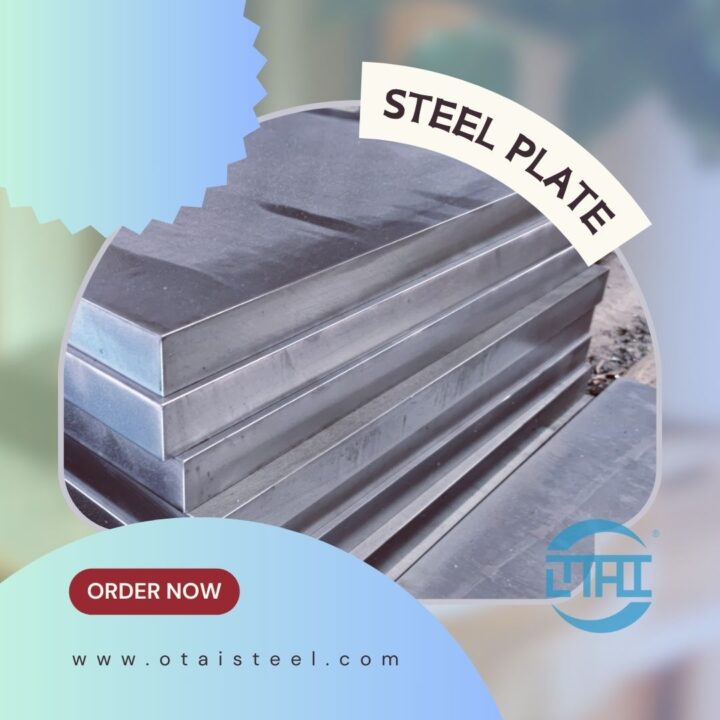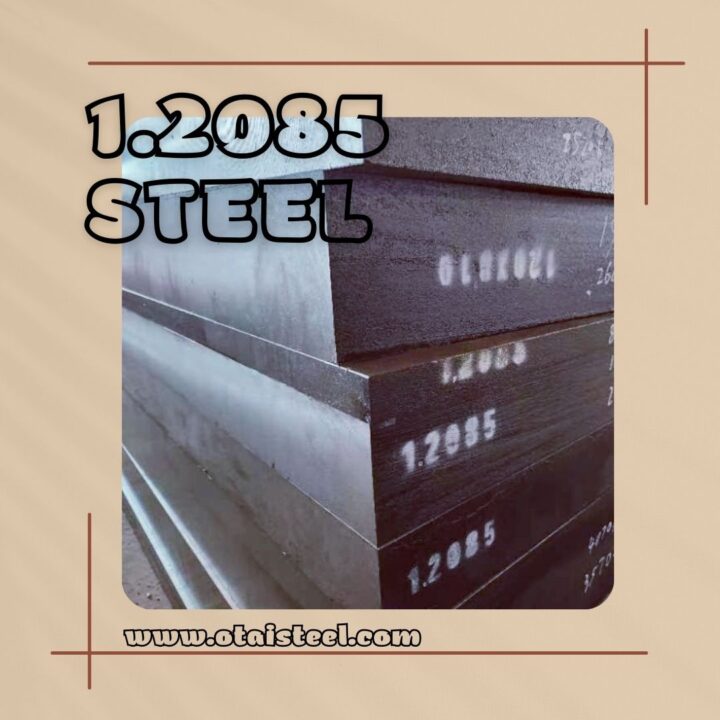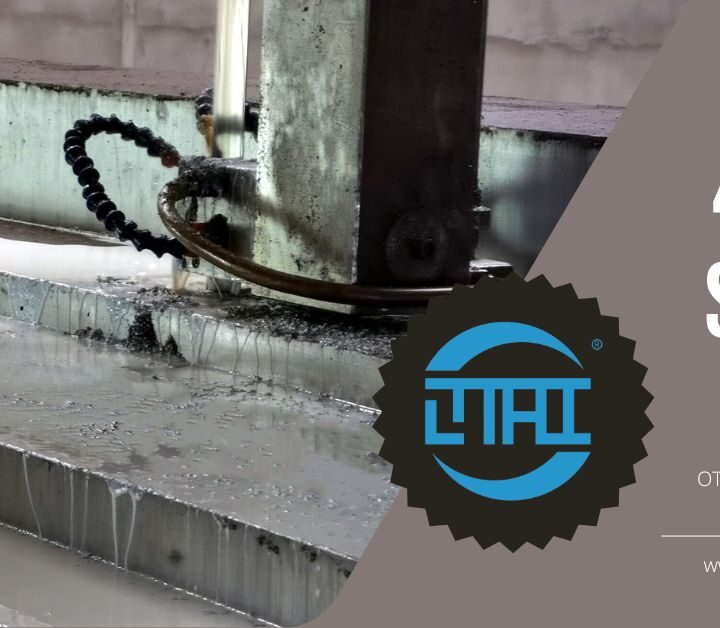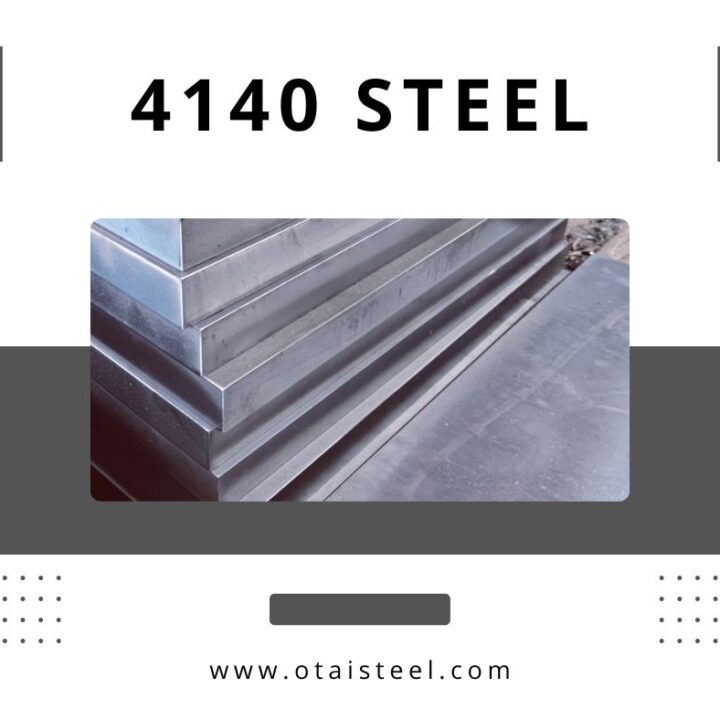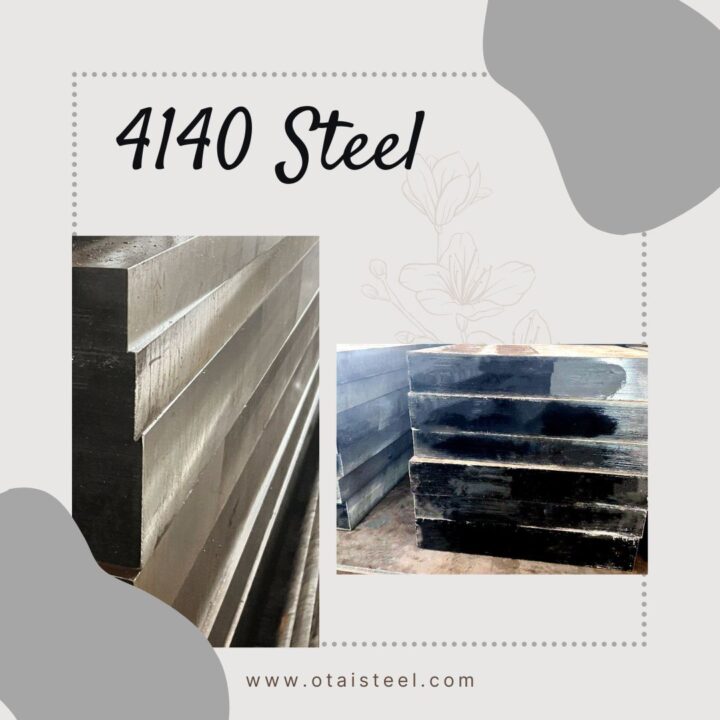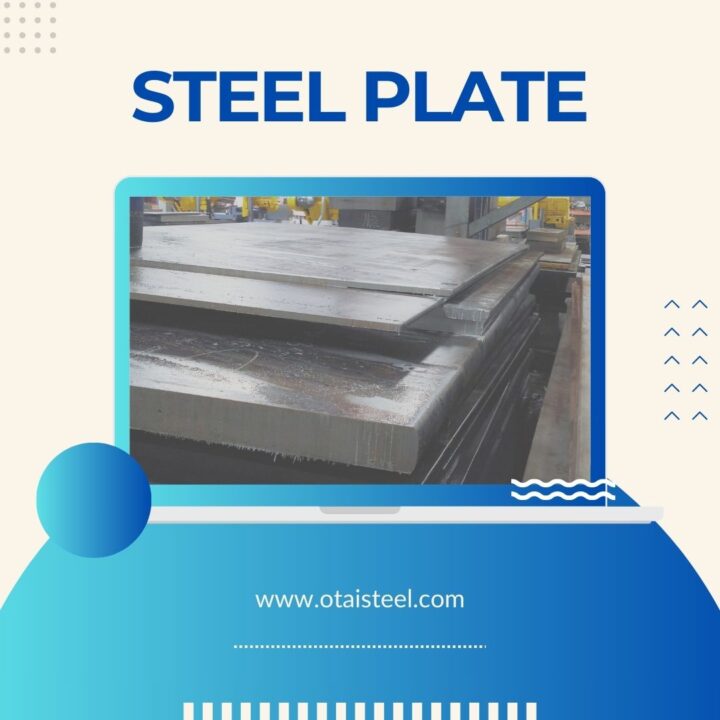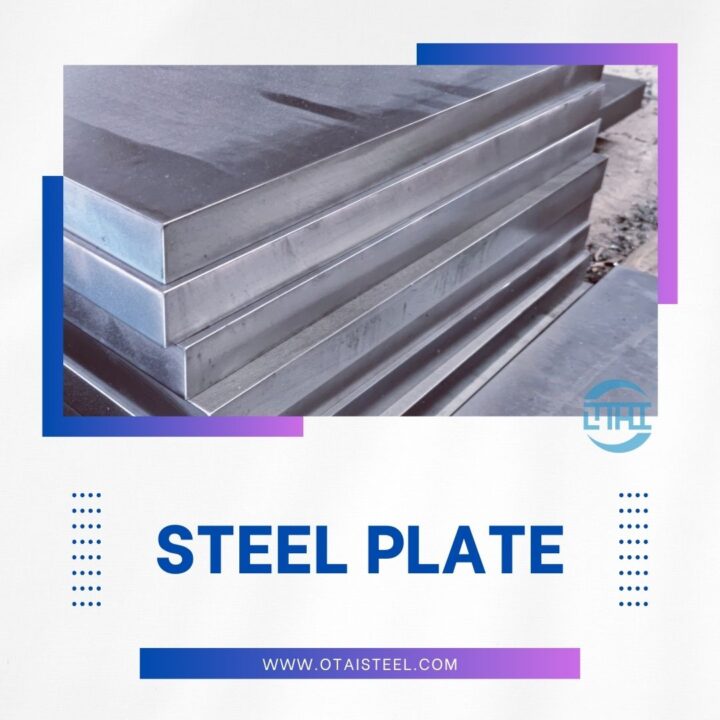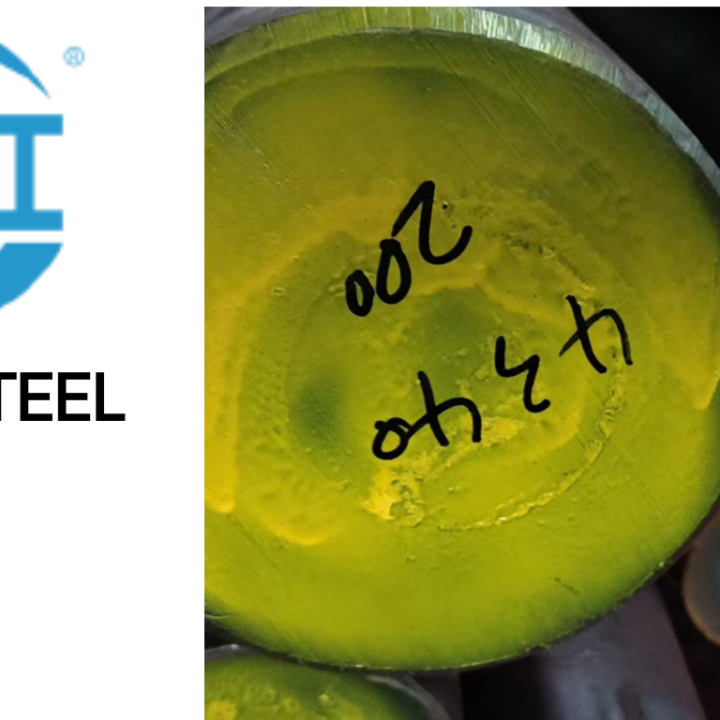4140 steel is a versatile and widely used alloy known for its exceptional mechanical properties. It belongs to the family of low alloy steels and is often employed in applications where high strength, toughness, and wear resistance are required. The influence of alloying elements on the hardenability and toughness of 4140 steel makes it a popular choice in industries such as automotive, aerospace, and oil and gas.
Chromium: Enhancing Hardenability and Corrosion Resistance
Chromium is a key alloying element in 4140 steel, primarily responsible for enhancing hardenability and corrosion resistance. The addition of chromium promotes the formation of chromium carbides during heat treatment, which improves the hardness and wear resistance of the steel. Additionally, the presence of chromium contributes to the steel’s ability to resist corrosion, making it suitable for applications exposed to harsh environments.
Molybdenum: Improving Strength and Heat Resistance
Molybdenum is another essential element in 4140 steel that significantly impacts its properties. It improves the strength of the steel by forming carbides that strengthen the grain boundaries. Moreover, molybdenum enhances the steel’s heat resistance, allowing it to maintain its mechanical properties even at elevated temperatures. This attribute makes 4140 steel with molybdenum suitable for high-temperature applications such as turbine components and power generation equipment.
Manganese: Enhancing Toughness and Workability
Manganese plays a vital role in enhancing the toughness and workability of 4140 steel. It promotes the formation of fine-grained structures during the heat treatment process, which improves toughness and impact resistance. Additionally, manganese aids in the removal of unwanted impurities, leading to improved overall quality and workability of the steel.
Nickel: Promoting Toughness and High-Temperature Strength
Nickel is an alloying element known for its ability to enhance toughness and high-temperature strength. In 4140 steel, the addition of nickel increases the toughness of the steel, making it more resistant to cracking and fracturing. Moreover, nickel contributes to improved high-temperature strength, allowing the steel to withstand elevated temperatures without significant loss of mechanical properties.
Carbon: A Crucial Element for Hardness and Strength
Carbon is a fundamental alloying element in steel and plays a crucial role in determining its hardness and strength. In 4140 steel, the carbon content is carefully controlled to achieve the desired balance between hardness and toughness. Higher carbon content results in increased hardness but may reduce the steel’s toughness. Therefore, the carbon content in 4140 steel is optimized to strike the ideal balance for the intended application.
Silicon: Controlling Oxidation and Enhancing Strength
Silicon is an element that contributes to the oxidation resistance and strength of 4140 steel. It forms a protective oxide layer on the surface of the steel, preventing further oxidation and enhancing its resistance to corrosion. Additionally, silicon aids in improving the strength of the steel, making it suitable for applications that require high strength and durability.
Vanadium: Boosting Hardness and Wear Resistance
Vanadium is an alloying element known for its ability to boost hardness and wear resistance. In 4140 steel, the addition of vanadium promotes the formation of fine carbides, which enhances the steel’s hardness and wear resistance. This makes it well-suited for applications where resistance to abrasion and wear is crucial, such as gears, axles, and crankshafts.
The careful selection and combination of these alloying elements enable the production of 4140 steel with tailored properties to meet the requirements of various demanding applications.
